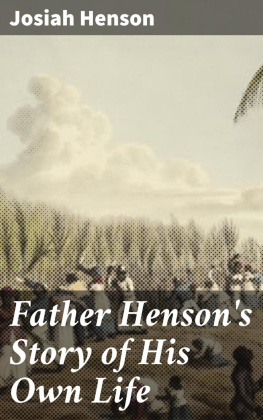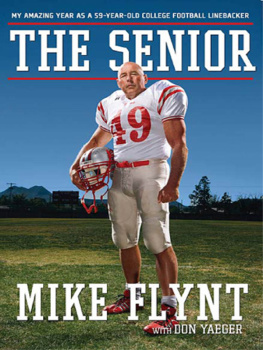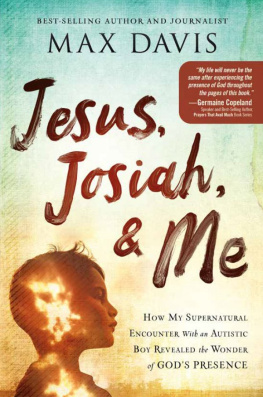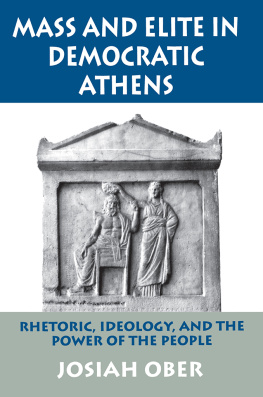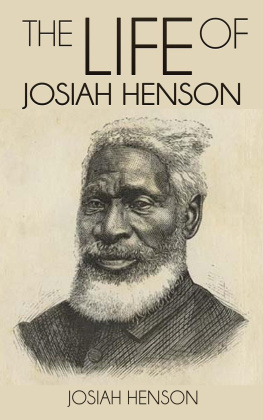INTRODUCTION
I
It seems a long time since the day when Josiah Flynt came to me in the Temple, with a letter of introduction from his sister, whom I had met at the house of friends in London. The contrast was startling. I saw a little, thin, white, shriveled creature, with determined eyes and tight lips, taciturn and self-composed, quietly restless; he was eying me critically, as I thought, out of a face prepared for disguises, yet with a strangely personal life looking out, ambiguously enough, from underneath. He spoke a hybrid speech; he was not interested apparently in anything that interested me. I had never met any one of the sort before, but I found myself almost instantly accepting him as one of the people who were to mean something to me. There are those people in life, and the others; the others do not matter.
The people who knew me wondered, I think, at my liking Flynt; his friends, I doubt not, wondered that he could get on with me. With all our superficial unlikeness, something within us insisted on our being comrades. We found out the points at which undercurrents in us flowed together. Where I had dipped, he had plunged, and that aim, which I was expressing about then, to "roam in the sun and air with vagabonds, to haunt the strange corners of cities, to know all the useless, and improper, and amusing people who are alone very much worth knowing," had been achieved by him. I was ready for just such a companion, hesitating on the edge of a road which he had traveled.
We went together, not only about London, but on little journeys to France and Belgium, and on a longer visit to Germany. All that was ceaselessly entertaining to me, and came as a sort of margin to the not more serious enterprises of "The Savoy," the days of Beardsley, Conder, and Dowson. Flynt never quite fitted into that group, but he watched it with curiosity, as part of the material for his study of life.
I have been reading over his kindly and playful sayings about me in this book, which are veracious enough in the main substance of them, and it hurts me to think that I shall never go round to the Crown with him any more, or sit with him again in a caf in Berlin. It was there, at the Embergshalle, that I found a poem of mine which is called "Emmy," but it was not for the sake of "material," or for those "impressions and sensations" of which he speaks, that I went about with him, but for the sake of the things themselves; and I wondered if he realized it. So what pleases me most now is when he says that he never thought of my books, or of myself as a literary man, when we were together. It was because he was so much more, in his way, than a literary man, that I cared for him so much, and it was of things more intimate than books that I liked to talk with him.
His ideas were always his own, and seemed to most people to be eccentric. He had come to them by way of his own experience, or by deduction from the experience of others whom he had learned to know from inside. His mind was stubborn; you saw it in his dogged face, in which the thin lips were pressed tightly together and the eyes fixed level. He was rarely turned out of his ground by an argument, for he avoided debating about things that he did not know. I never saw him conscious of the beauty of anything; I do not think he read much, or cared for books. His talk was generally cynical, and he believed in few people and few opinions.
Flynt had no sense of style, and when he began to try to write down what he had seen and what he thought of it, the first result was at once tedious and formal, the life all gone out of what had so literally been lived. I was a fierce critic, and drove and worried him to be natural in his writing, to write as he would talk, in a dry, curt, often ironical way. His danger in writing was to be too literal for art and not quite literal enough for science. He was too completely absorbed in people and things to be able ever to get aloof from them; and to write well of what one has done and seen one must be able to get aloof from oneself and from others. If ever a man loved wandering for its own sake it was George Borrow; but George Borrow had a serious and whimsical brain always at work, twisting the things that he saw into shapes that pleased him more than the shapes of the things in themselves. I tried to get Flynt to read Borrow, but books were of little use to him. He did finally succeed in saying more or less straightforwardly what he wanted to say, but his work will remain a human document, of value in itself, behind which one can divine only a part of the whole man. There was far more in his mind, his sensations were far subtler, his curiosity was more odd and rare, than any one who did not know him will ever recognize from his writing. His life was a marvelous invention: he created it in action, and the words in which he put it down are only a kind of commentary, or footnote to it.
Human curiosity: that made up the main part of Flynt's nature; and with it went the desire to find out everything by trying it, not merely by observing. None of the great wanderers of letters, Borrow or Stevenson, was so really a born vagabond; none had so little in the way of second thoughts behind him on his way through the world. The spectacle, the material, all that was so much to these artists, was to him only so much negligible quantity, an outer covering which he had to get through. He went to see Tolstoy in Russia, and was taken into his house, and digged in his garden. He went to see Ibsen at Munich. To neither did he go for anything but that for which he went to the tramps and convicts: to find out what sort of human beings they were at close quarters.
Whatever he has written of value has been the record of personal experience, and after several books in which there is much serious instruction as well as external fact and adventure, he ended with this candid story of himself, of what he knew about himself, and of that larger part which he did not understand, except that it led him where he had to go. The narrative breaks off before he had time to end it, with what was really the comedy of his life: the vagabond, ending by becoming so fantastically useful a member of society; the law, which he had defied, clever enough to annex him; he himself, clever enough to take wages for doing over again what he had done once for nothing, at its expense. Was it a way of "ranging" himself a little, and would he, if things had gone well, have answered the question, which I was fond of asking: What would remain for him in the world when he had tramped over all the roads of it? As it happened, he got short benefit from the change of position. He made more money than was good for him, out of detective service, first for the railroads, then for the police, and what had been one of the temptations of his life was easier, indeed seemed to him now necessary, to be succumbed to. He had an inherited tendency to drink, which had been partly kept down; now this new contact, so perilous for him, reawakened and strengthened the tendency into permanence. Gradually things slipped through his hands; the demand for books, articles, lectures, increased, as his power of complying with that demand ebbed out of him. He had friends, who held by him as long as he would let them. One of them was the only woman whom he had ever seriously cared for, besides his mother and his sisters. For three years he was rarely sober, and drink killed him. At the end he shut himself away in his room at the hotel in Chicago, as Dowson shut himself away in his lodgings in Featherstone Buildings, and Lionel Johnson in his rooms in Gray's Inn; as a sick animal goes off into a lonely corner in the woods to die in.



